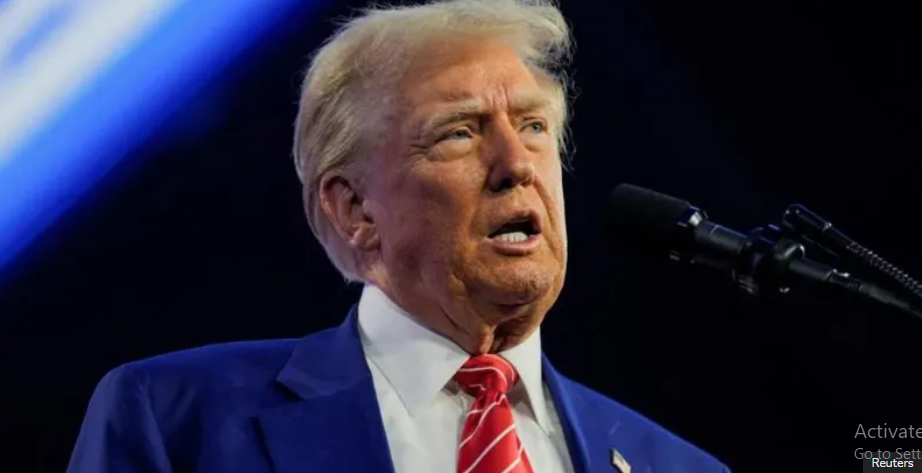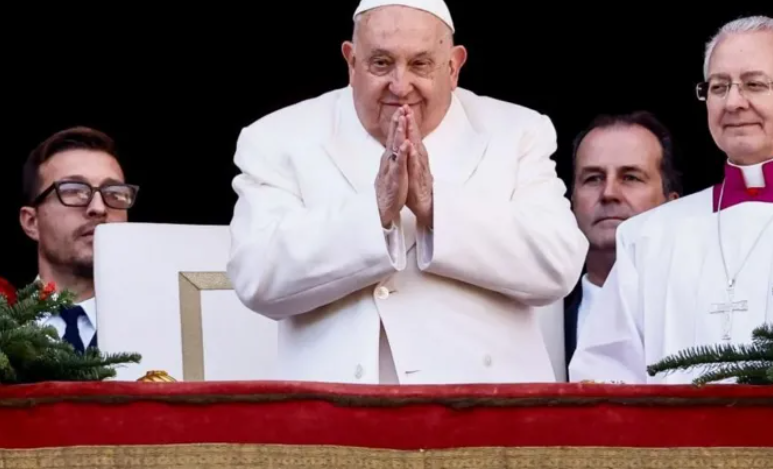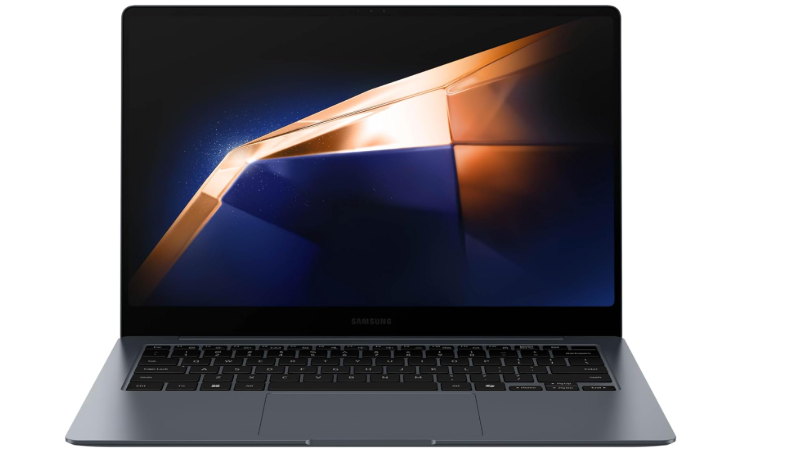
Judge Orders Sentencing for Donald Trump in Hush-Money Case Days Before Inauguration
New York — Former President Donald Trump will be sentenced on January 10 in his hush-money case, a decision announced by New York Justice Juan Merchan. The sentencing date falls less than two weeks before Trump is set to take the oath of office for his second term as president.
Justice Merchan indicated that Trump would receive an “unconditional discharge,” with no jail time, probation, or fines imposed. The judge’s order allows Trump to attend the hearing either in person or virtually.
The case stems from Trump’s May conviction on 34 felony counts of falsifying business records related to a $130,000 payment to adult-film star Stormy Daniels during the 2016 presidential campaign. The payments were allegedly intended to silence Daniels about an alleged affair with Trump, which he denies. Trump pleaded not guilty and has consistently described the charges as politically motivated.
Trump Responds to Sentencing Announcement
On Saturday, Trump condemned the sentencing order in a post on his Truth Social platform, calling it an “illegitimate political attack” and labeling the case a “rigged charade.”
His spokesperson, Steven Cheung, reiterated this sentiment, describing the case as a “witch hunt” and asserting that Trump’s transition to the presidency should remain unobstructed. “President Trump must be allowed to focus on leading the nation without interference from these baseless proceedings,” Cheung stated.
Judge Rejects Arguments for Dismissal
Trump’s legal team sought to dismiss the case, arguing that it would interfere with his ability to govern effectively as president. Justice Merchan, however, ruled that measures such as delaying sentencing until Trump leaves office in 2029 or ensuring a non-custodial sentence were sufficient to address those concerns.
The judge also rejected Trump’s argument that his conviction violated a Supreme Court precedent on presidential immunity. In July, the Supreme Court ruled that presidents have immunity from prosecution for official actions taken while in office. However, Justice Merchan concluded that Trump’s conviction was valid, as it pertained to actions taken before his presidency.
The Case and Broader Legal Challenges
Trump’s conviction revolves around alleged reimbursements to his former attorney, Michael Cohen, who facilitated the hush-money payment to Daniels. The charges carry a potential prison sentence of up to four years, though legal experts widely expect no incarceration given Trump’s age and status.
If sentencing proceeds as scheduled, Trump will become the first convicted felon to serve as president. He is also facing charges in three additional criminal cases, including alleged mishandling of classified documents and attempts to overturn the results of the 2020 election.
Despite the ongoing legal battles, Trump has remained steadfast in proclaiming his innocence. His team has signaled plans to appeal the hush-money conviction following sentencing.
Looking Ahead
The January 10 sentencing marks a significant moment in U.S. legal and political history, with implications for Trump’s presidency and the broader legal system. Whether the decision will affect his ability to govern remains to be seen, but Trump’s latest court battle underscores the unique challenges of his return to the White House.















